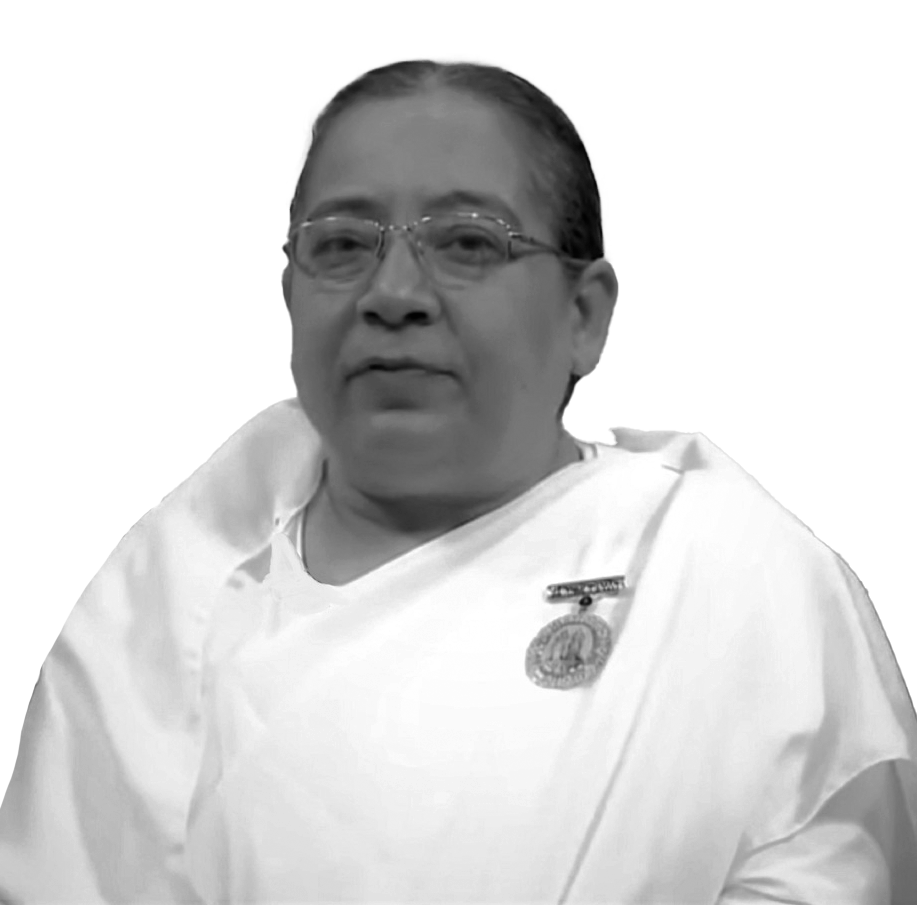Time management is a valuable skill. Effectively planning how to divide one’s time between different activities enables us to get things done more quickly. Failing to manage time, on the other hand, reduces our effectiveness and can cause stress.
All of us have the same 24 hours in a day, but some people achieve much more with their time than others. Spending the day in a frenzy of activity often achieves less, because we are dividing our attention between too many tasks.
So how can we save time and also get more done in the available time? Is it possible to control the flow of time?
Managing time begins with managing our thoughts. The fewer thoughts we have, we will find that the more time we have to actually do things. We spend a lot of our time, often without realising it, in unnecessary and even harmful thinking. Dwelling on the past, worrying about the future, obsessing about something – all these can consume a lot of our time, leaving little for actual work.
To utilise our time most efficiently, we need to develop control over the mind, so that we think only what is required, at the right time, and no more. To be able to do this, the mind must be free of any kind of influence.
If I am prone to anger, I am likely to spend a lot of my time grumbling, criticising or blaming others, mentally or verbally. And if I am attached to people or things, I will be thinking, maybe for hours, about them. Such thinking is unproductive, consumes our time and drains our energy.
Vices of any kind trigger negative and waste thoughts that directly or indirectly consume our time. While wasteful thinking may only lead to loss of time for the duration of the waste thoughts, negative thinking may have unwanted consequences, dealing with which will eat up more of our time.
If my life is full of problems, big or small, and a large part of my time is spent resolving them, it is the karmic fruit of seeds I have sown in the past. If I spend a lot of my time doing things that I dislike but which circumstances require me to do, I am responsible for it, because I have done something in the past that has produced the present circumstances.
If my behaviour is not very nice, and as a consequence nobody wants to cooperate with me, I will end up spending a considerable amount of time on work that could have been done much more quickly with help from others.
In this way our thoughts, words, and actions have consequences we cannot immediately imagine. If I want to have time on my side, I need to ensure that I use my time in the most worthwhile way. If my thoughts are benevolent and creative, the results will be positive. I will find that things go my way, others respond positively to me, and my mind is not caught up in a jumble of thoughts about why people and thing are the way they are.






